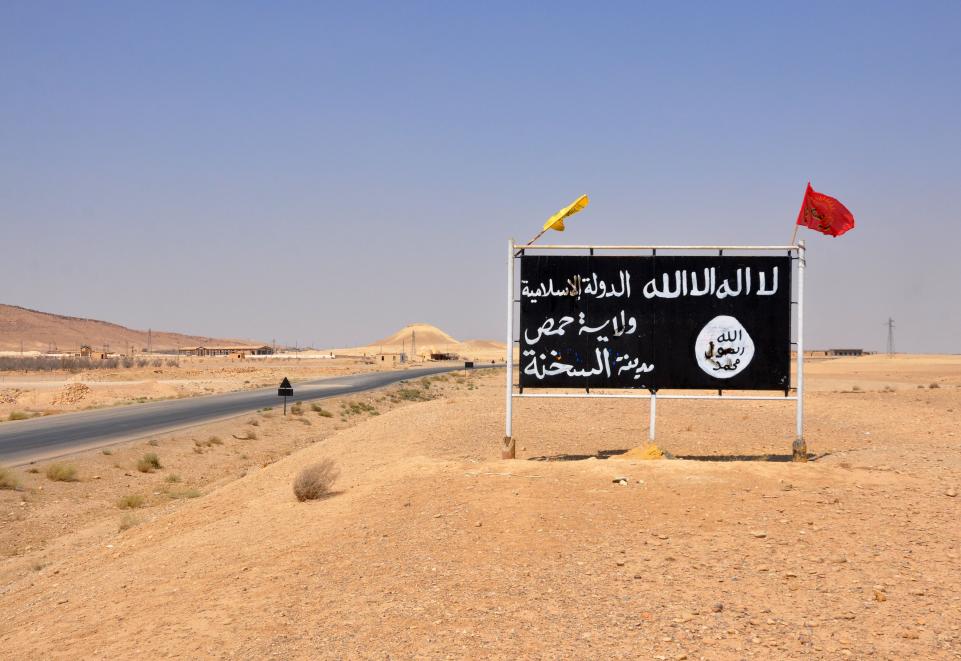The Islamic State militant group (ISIS) claimed responsibility Thursday for two deadly van attacks on crowds of civilians in two Spanish cities, the jihadis’ latest acts of violence following an extensive history of strikes against foreign targets perpetrated by the group or those inspired by it. As ISIS loses its once expansive foothold in Iraq and Syria, experts say its desire and capacity to inflict damage on the West appears to be increasing.
Just one day after the dual vehicle rammings in Barcelona and Cambrils killed at least 14 people, an attacker reportedly shouted “Allahu Akbar” (Arabic for “God is great”) before stabbing at least eight people, killing two, in the Finnish city of Turku. ISIS has not yet said whether it was behind the latest attack, but the method echoes similar assaults across the U.S., Europe and beyond committed by individuals claiming allegiance to the global jihadi network. ISIS and its supporters have used knives, guns, bombs and cars to slaughter Westerners they brand infidels and apostates according to their ultraconservative brand of Sunni Islam. Now local governments may face a serious challenge in stemming violence from both returning fighters and alienated local communities.
“We see a correlation, we see that as ISIS has lost territory, that they have greater and greater interest in the U.S. and Europe,” leading terrorism expert Dr. Jessica Stern, who serves as a research professor at Boston University’s Pardee School of Global Studies, told Newsweek.





